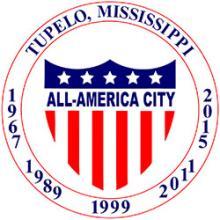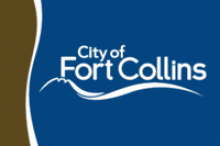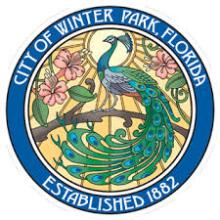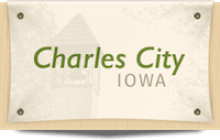Webinar: Municipal Broadband Feasibility Studies, Oct. 18th
When your community needs better connectivity, the best place to start is with a feasibility study, but each community's needs vary and what should you expect from such a study? What kinds of question should you ask? What should a consultant offer your community?
There is no single answer, but the best way to prepare is to seek out information on feasibility studies and determine what is right for your region or town. For communities in the planning phase of developing a municipal broadband network, Vantage Point Solutions is hosting the webinar: “Feasibility Studies for Municipal Broadband: The Good, the Bad, and the Best Practices.”
From the invitation:
When it comes to developing and expanding municipal broadband networks, there is no one-size-fits-all model. Proper planning will ensure the right solution is identified before significant time and money is invested.
In this webinar, Vantage Point Solutions will provide you with best practices and guidance on what you should do during the planning phase of a broadband project - and what you can save for later. This session will help you avoid pitfalls that create delays and problems and maximize the success of your planning process.
The webinar discussion will be led by Dusty Johnson and Lori Sherwood on Wed Oct. 18th at 3:00 pm. Register here.
Learn more about the art of the feasibility study from some of our Community Broadband Bits podcast episodes:









